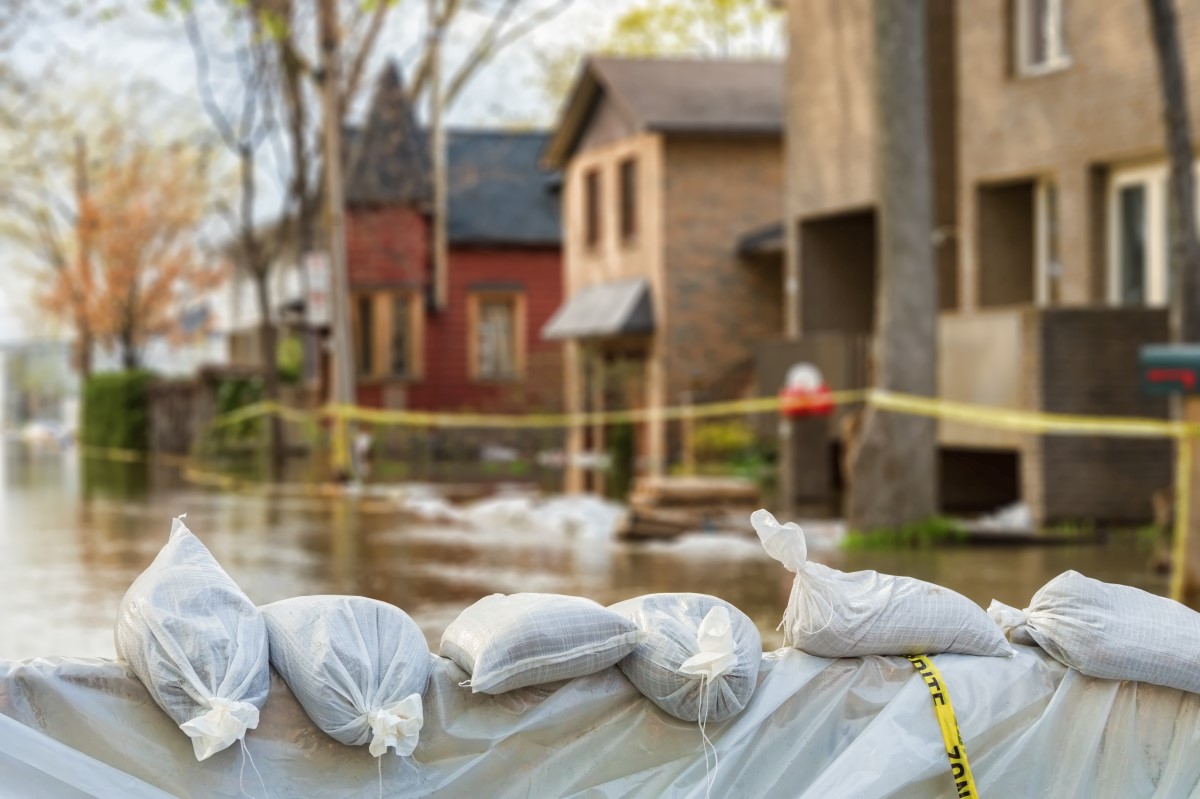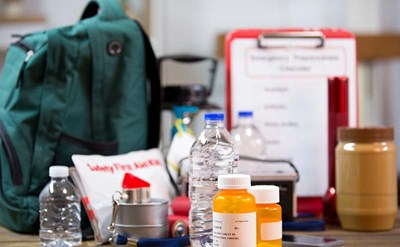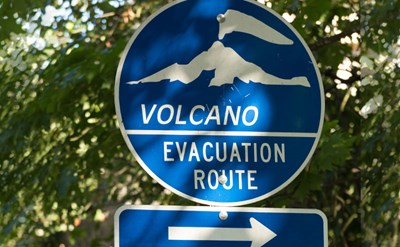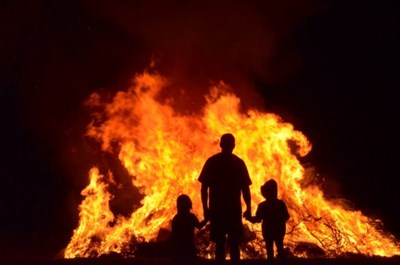Floods are the most frequently reported natural disaster in the nation and can occur in virtually every state and territory. But not all floods are the same. Flash floods are usually considered the most dangerous, but even minor, slowly developing floods can be deadly. Flooding also often occurs after hurricanes.
A flood watch means flooding is possible in your area; stay tuned for developments and details, and elevate or move furniture and valuables to higher floors. Be prepared to possibly evacuate. If the watch is for a flash flood, know the signs of a flash flood and be ready to leave at a moment’s notice.
A flood warning means that a flood is occurring or will happen very soon; be prepared to evacuate as soon as possible if instructed to do so. If you receive a flash flood warning that pertains to you or if flooding starts in your area, evacuate and get to higher ground immediately. Do not delay; you may only have minutes or even seconds to escape.
To prepare:
- Find out your area’s risk of flooding. If you’re not sure, contact your local government’s emergency management office, planning and zoning department or Red Cross chapter.
- Minimize potential flood damage in advance by making sure your furnace, water heater and electric panel are in elevated areas of your home. (Consulting with a professional is advised.)
- Identify alternate routes and other means of transportation out of the immediate area.
- Have access to boots and heavy rain gear, if needed.
- Prepare a family disaster plan that includes your family disaster supply kit.
- Tune in to local weather reports on television, radio or via the Internet for the latest weather conditions and safety instructions, and when to be ready to evacuate.
- Stay away from rivers, streams and other bodies of water.
- Obey barricade signs.
- Avoid driving through floodwaters, even if shallow; your vehicle may be swept away.
- If you are caught in rapidly rising water and your car stalls, get out immediately and get to higher ground.
- Avoid wading or swimming in flood waters. You may be caught up in rapidly flowing waters, or the water may be filled with dangerous debris or electrically charged. If you must walk through water, survey the area for any possible dangers first, and look for areas where water is not moving.
- Avoid downed power lines; they carry the risk of electric shock or electrocution.
After a flood:
- Do not return to a flooded home or local area until local authorities tell you it is safe to do so. The flooding may have weakened roads and bridges, leaving them in danger of collapse. Downed power lines, fallen trees and floating debris may present life-threatening dangers, buildings may be unstable or uninhabitable and drinking water may not be safe.
- Be prepared to live elsewhere, using the supplies from your family disaster kit, for at least several days, and exercise caution and good judgment in your decision-making about whether or not to return home.
 American College of Emergency Physicians
American College of Emergency Physicians







